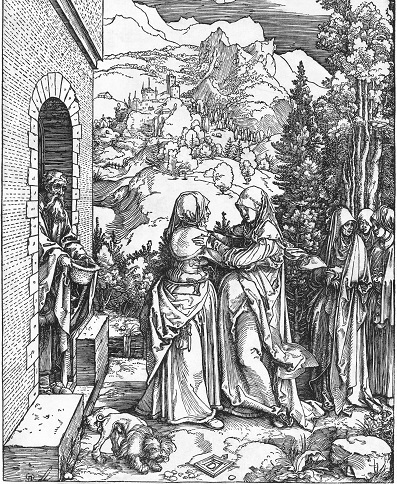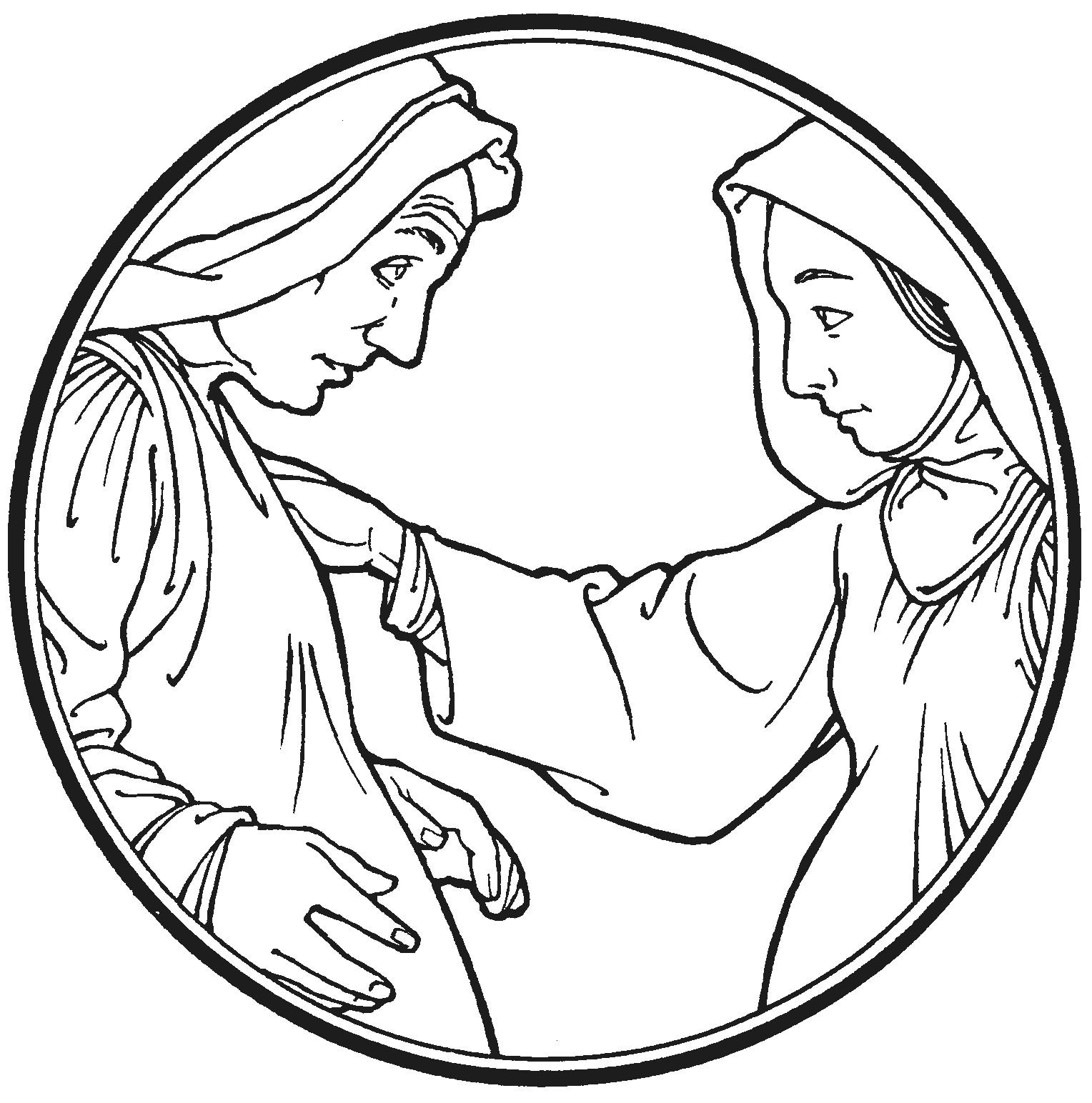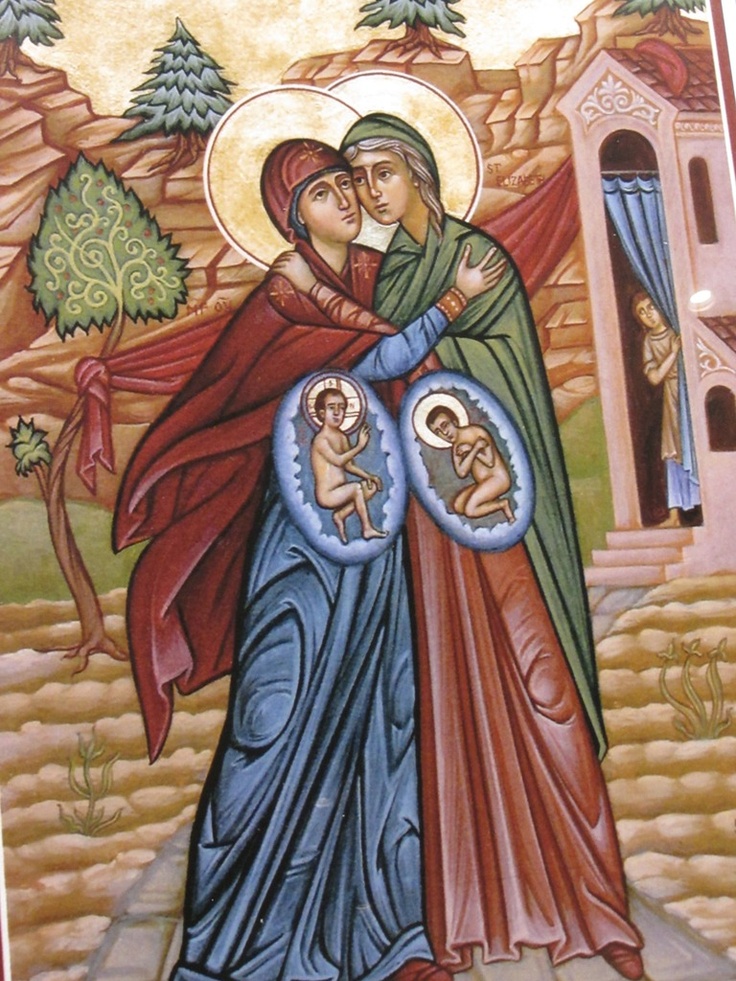Tag: Fourth Sunday in Advent
-

Fourth Sunday in Advent
~ Rorate Coeli ~ Readings: Deuteronomy 18:15-19 | Philippians 4:4-7 | Luke 1:39-56 Text: Philippians 4:4-7 “The Lord is at Hand For You” Intro: It formed the theme for last Sunday, and now here it is again: Rejoice in the Lord always. Today focuses heavily on the reason for rejoicing in all circumstances: The Lord…
-

Fourth Sunday in Advent (Rorate Coeli)
Readings: Deuteronomy 18:15–19 | Philippians 4:4–7 | John 1:19-28 Text: John 1:19-28 There is something diabolical in us that fears that John the Baptist will ruin Christmas. He disrupts things. John is not here to help you have fun. Rather, he is trying to help you prepare for the Last Day and the Lord’s return.…
-

Fourth Sunday in Advent (Matthew 1:18-25)
Our Gospel reading falls nearly at the beginning of Matthew’s Gospel. What comes very first is the introduction: “The book of the genealogy of Jesus Christ, the son of David, the son of Abraham.” (Matt. 1:1) Recall the promise given to Abraham: “In you and in your Offspring, all the families of the earth will…
-

Fourth Sunday in Advent (Luke 1:39-56)
Bethlehem Lutheran Church, Lebanon, OR Fourth Sunday in Advent + December 23, 2018 Text: Luke 1:39-56 THE WORLD WAS SAVED THROUGH CHILDBEARING AND YOU ARE SAVED BY BELIEVING IN THE FRUIT OF THE VIRGIN’S WOMB. Part 1 – God used two unlikely mothers to bring His Kingdom to earth. “Thy Kingdom Come,” He taught us…
-

Fourth Sunday in Advent (Luke 1:46-55)
Bethlehem Lutheran Church, Lebanon, OR Fourth Sunday in Advent (Rorate Coeli) + December 24, 2017 Text: Luke 1:46-55 “Who for us men and for our salvation came down from heaven” This morning is the beginning of a three-part sermon series over today and tomorrow, in which we will focus on the part of the…